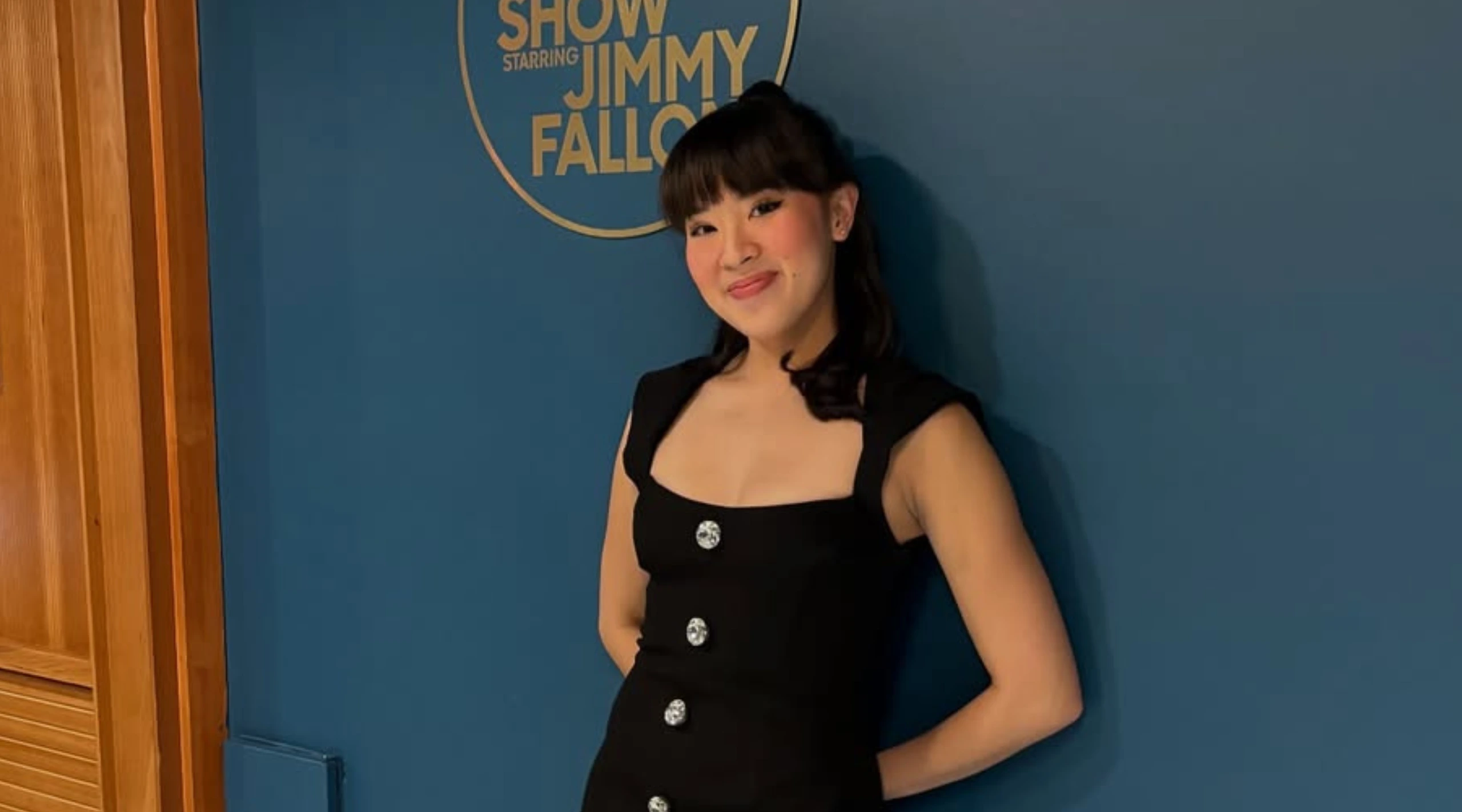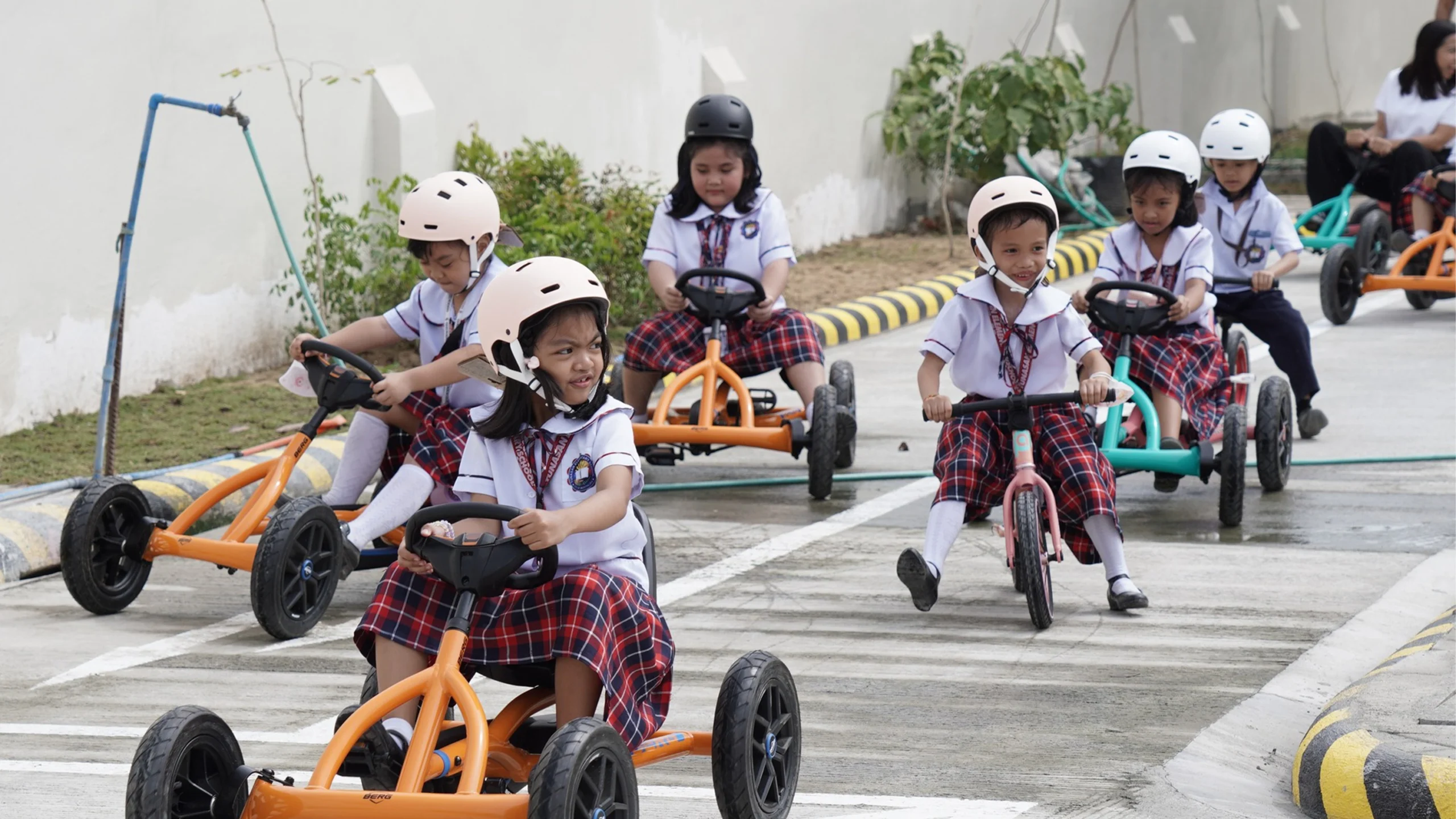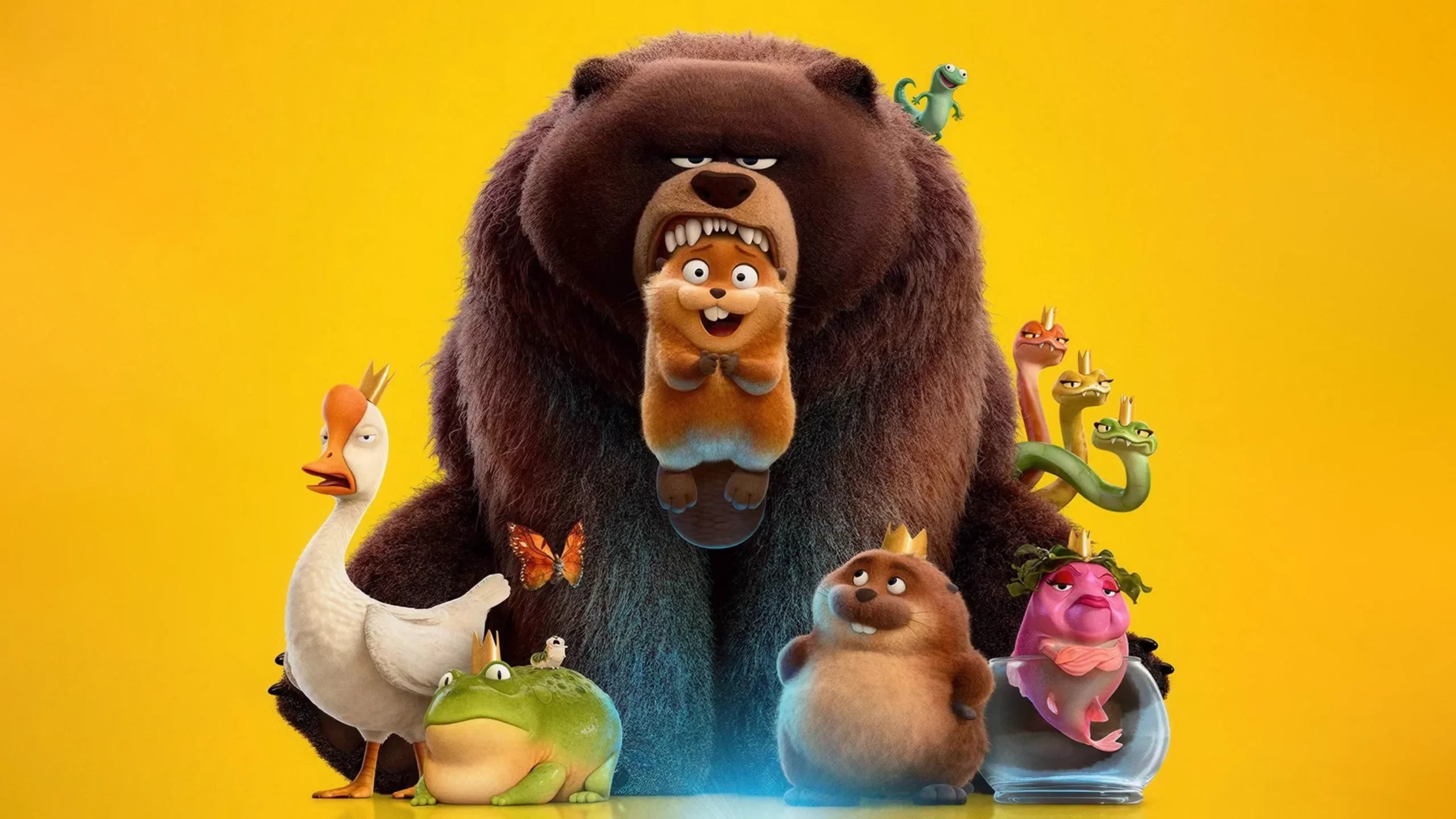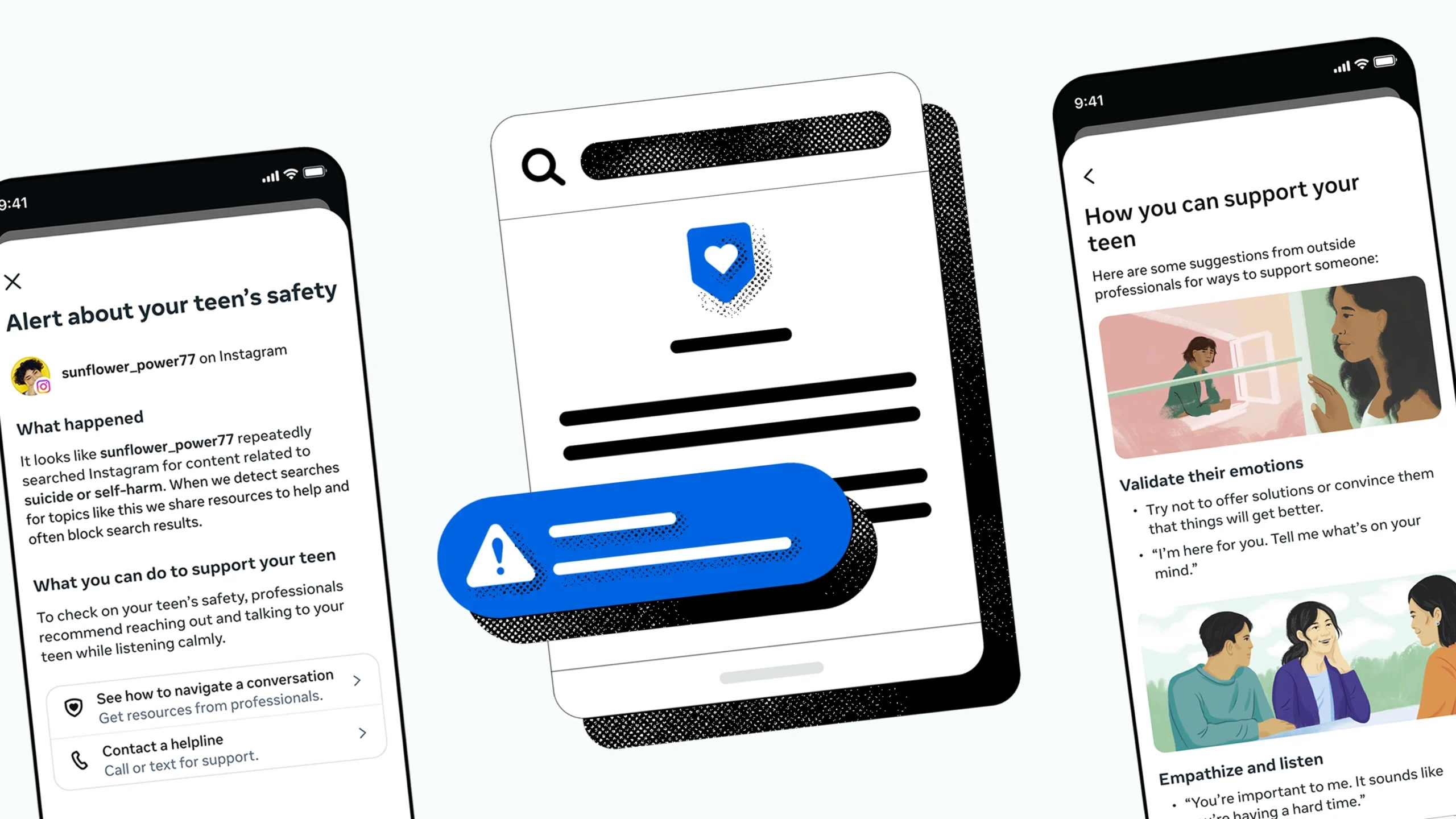Gaslighting: What It is and How Parents Can Avoid It
Sometimes, parents may not be aware that they might be gaslighting their children.
Although the term “gaslighting” sounds relatively new, parents might recognize the behavior if given a situation. This usually occurs when our kids confront us about something we did prior. Usually, we respond with things like, “What?! I never said that!” or “Stop it! You’re being so OA!” Sounds familiar? Sometimes, we snap with comments like these reactively, unknowingly gaslighting our kids.
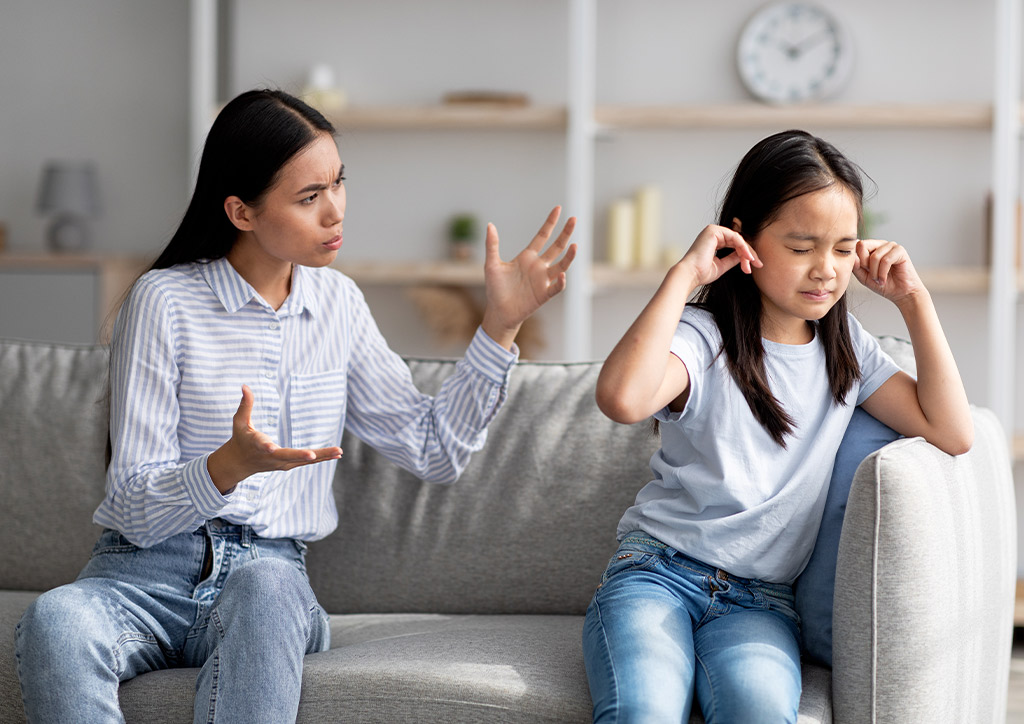
What is gaslighting?
Gaslighting is one of the most common forms of emotional and psychological abuse. It’s where we’re quick to deny specific allegations especially when we’re the perpetrator. Or, if our kids claim that they learned something from us, we reject it even though they provide enough information to show what happened. We also do this when we invalidate what they feel, scolding them for crying, and getting angry at things we too would have felt bad about.
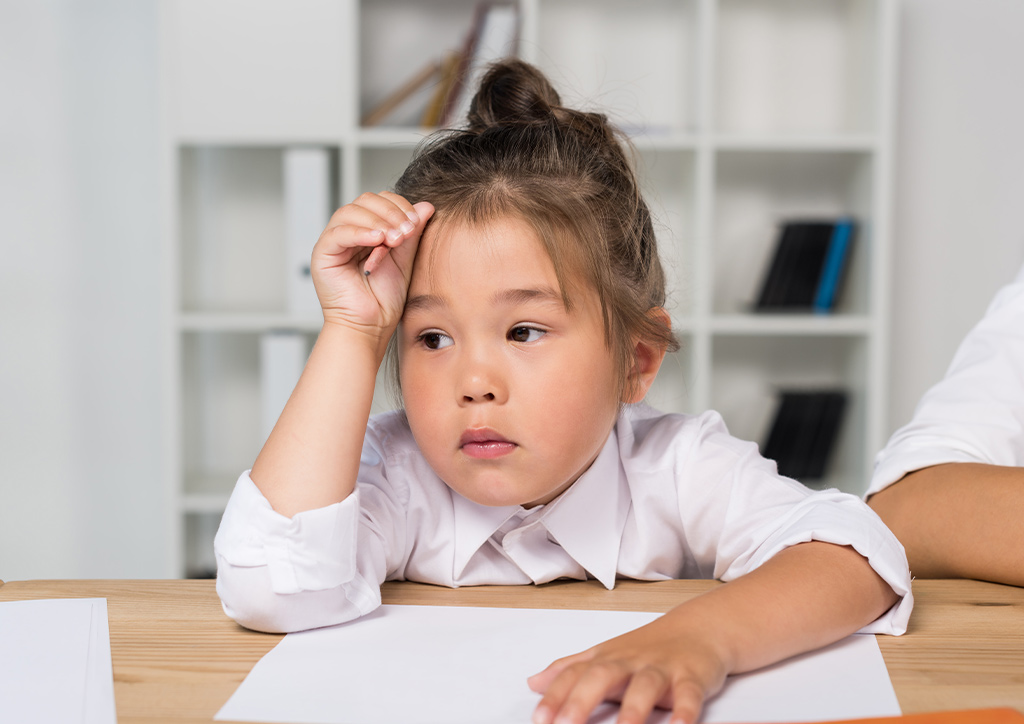
What are forms of gaslighting?
There are different forms of gaslighting. Here are some to look out for:
- Blaming – Here, it’s when we’re scared to take accountability because we feel it destroys our credibility as parents. We then blame someone else. Usually, it can be our child. We end up saying things like, “What?! I wouldn’t have started yelling if you didn’t do this!” Here’s where we need to think back: who threw the first stone really?
- “You’re crazy!” – This kind of gaslighting takes in the form of us telling our kids, “You shouldn’t be acting like this!”, “Stop acting like that!”, “Oh my God, stop, you’re embarrassing!” It minimalizes our kids’ feelings of pain and hurt, but it also makes them question their reality and their perception.
- Denial – As it says, we outright deny having anything to do with it when we actually did. This usually happens when our kids don’t do something, we get mad at them for it, they say that we told them not to and then, just outright deny that we didn’t without giving it a second thought.
- “You’re oversensitive!” – We’ve probably heard this or subconsciously used this form of gaslighting ourselves every now and then. This usually comes out when our kids get angry over something we would have flown off the handle—if someone told us that and we tell them they’re being too sensitive.
- “I’m just joking!” – We all know that physical abuse is terrible but the line between righteous scolding and verbal abuse can be quite blurry. Sometimes, in our fury, we’ve name-called our kids (i.e. brat, psycho, etc.). When they call us out for it, we often reply, “I’m just joking!” to downplay the severity of our words.
- “Who’s going to believe you?!” – This is one of the nastier ones because it explicitly shows malice. But it can come out in ways like, “Bata ka lang, wag ka nga!”, “Wala kang alam, bata ka lang!” or other statements.
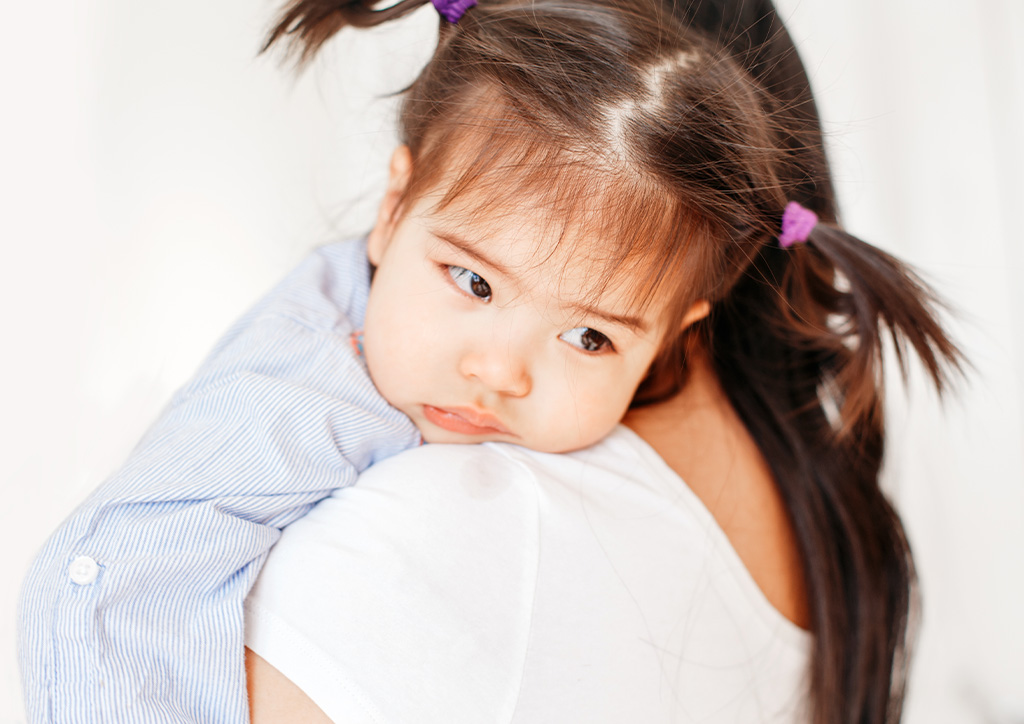
Long Term Effects of Gaslighting Kids
Studies have shown that gaslighting kids constantly keeps their brains in survival mode. Some kids even grow to be emotionally manipulative themselves. As they grow older, their brains may pay more attention to detail but at the cost of making sure that they are never accountable for their mistakes. Gaslighting encourages them to lie as well, making kids say only what you want to hear. It’s a survival tactic to avoid the stress.
How To Avoid Gaslighting Kids
Being mindful and avoiding the act of gaslighting is a twofold plan: it’s empathy to both yourself and your child. It’ll take some time to practice but we’re all works in progress. Here’s how to avoid gaslighting your kids (or even other people).
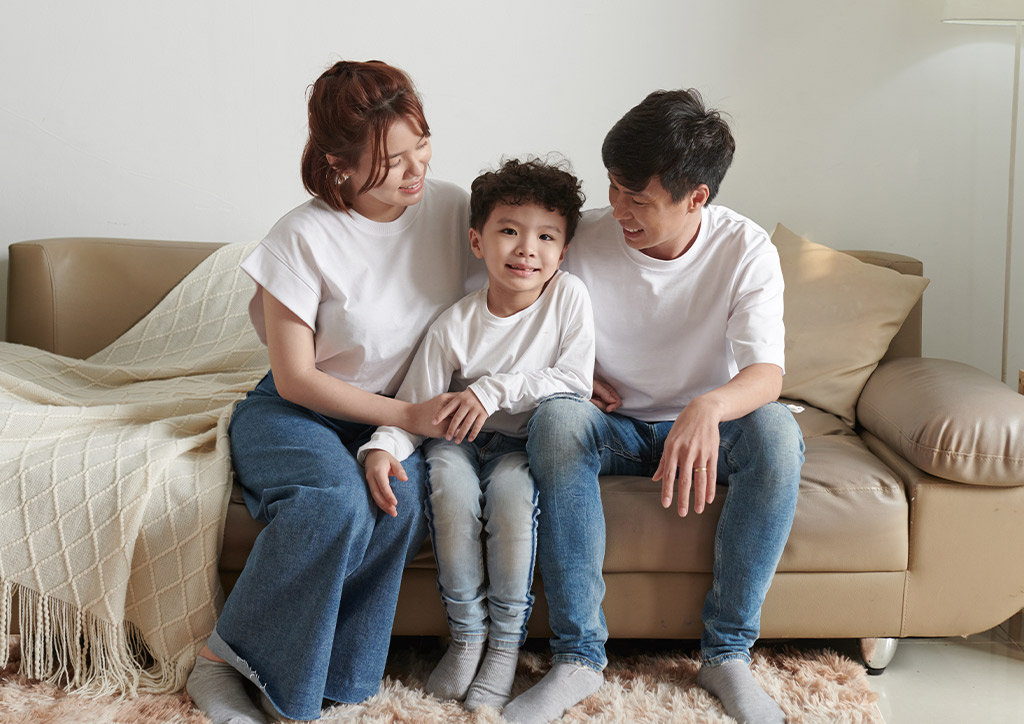
1. Tell yourself: “I’m a work in progress”.
One of the biggest reasons why people gaslight is because they don’t like being wrong. We think making mistakes makes us a lesser being in society, and it’s a blemish that can’t be removed. But the truth is, studies have shown that people do like you more if you own up to your mistake. It makes you more relatable. Plus, it’s less stress on us because perfection is so overrated. Have high standards, yes, but you don’t have to be perfect all the time.
2. Admit our mistakes to our kids
Admitting our mistake doesn’t mean it invalidates all the good times we’ve had with your kids. In our anxiety, we sometimes think that admitting our mistakes to our kids will make them love or respect us less. But making amends and listening to them also helps us improve our relationships with them. Besides, we always teach them to look at both sides of the coin. So, it’s time we do the same.
3. Take the good and leave the bad
We don’t notice but as parents, we take on both the good and the bad parenting quirks of our own parents. It takes a lot of mindfulness to notice what we shouldn’t do and we will slip and make a mess. But just like how our kids grow by making mistakes, so do we. We need to forgive ourselves a little more. After all, healing is not a linear process.

Whether on purpose or reactive, gaslighting is something we should NOT do!
Gaslighting destroys our kids’ way of emotionally understanding people because they’ll constantly try to prove they’re right. In pursuit of what is “right,” they’ll push their own narrative and sometimes crush others in the process. Their brains, geared only for survival after weeks and even years of gaslighting, will always tell them that they’re on a constant battlefield where they have to prove they’re right.
It may hurt us emotionally to admit our mistakes. But it’s a small price to pay to avoid what can be weeks and years of damage that can last into adulthood.
Looking for more psych parent stuff? Here are some stories!
Is it Egocentrism or Are Your Toddlers Being Brats?
We didn’t know Babies Have a Sense of Beauty Too!
Getting Angry Doesn’t Make You Any Less of a Parent






